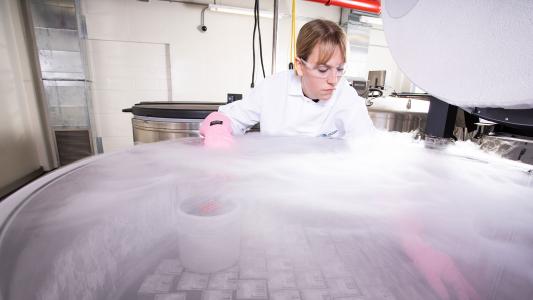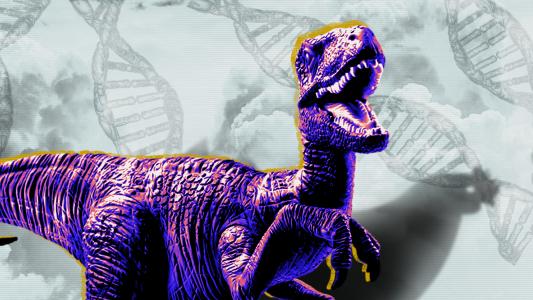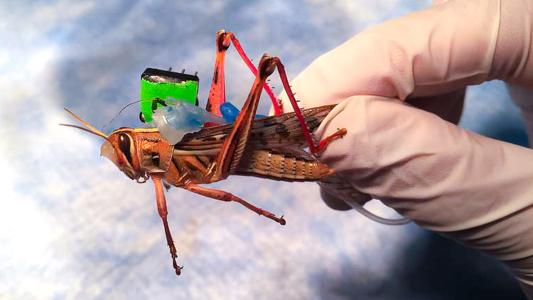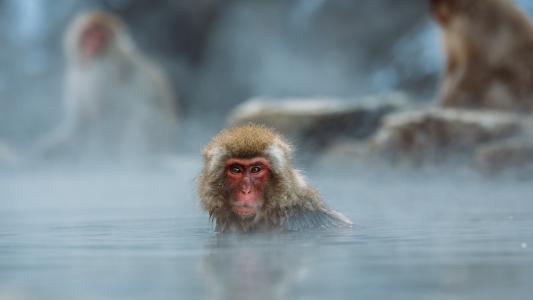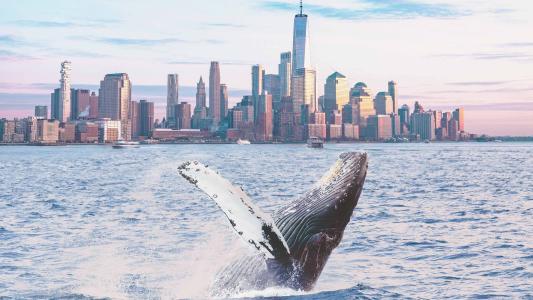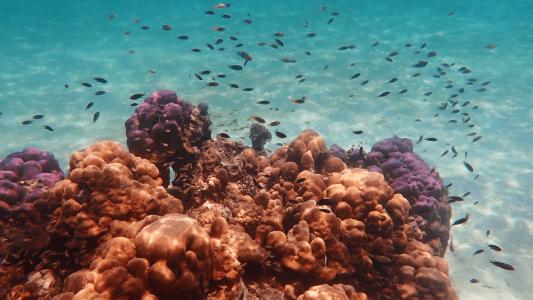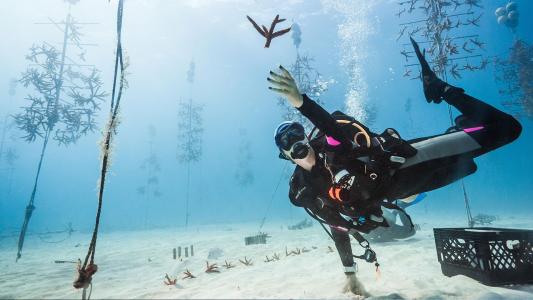Animals
Researchers are rushing to freeze… lab mice sperm?
With their labs closing and the future unclear, researchers are sending precious cargo — the sperm of lab mice — to be frozen and stored.
Should we turn chickens into dinosaurs?
These scientists are studying chickens to learn more about dinosaur DNA, and their findings could help us better understand our own genetic code.
Scientists engineered “cyborg grasshoppers” to sniff out bombs
By implanting electrodes into the brains of grasshoppers, scientists were able to harness the insects’ sense of smell for the purpose of explosive detection.
Stimulating monkeys’ brains snaps them out of unconsciousness
Researchers found that they could induce a state of consciousness in an unconscious monkey by electrically stimulating a specific part of the animal’s brain.
NYC's whale population is making a comeback – here’s why.
The once struggling New York Harbor whale population is now rebounding with water clean-up initiatives and these faithful citizen scientists’ efforts.
The dark toll of light pollution
Bird populations are paying the price for our electric lights. These volunteers are working to change that.
Sifting through sound: using soundscapes to understand ecosystem health
“Ecoacoustics” is an emerging field of research. Instead of chasing down isolated animal sounds, researchers are using all of the acoustic properties of a location to answer ecological questions.
What dinosaur poop tells us about ancient life
Coprolite, aka dinosaur poop, is giving scientists a surprising glimpse into the world of the dinosaurs. Learn what industry leader Karen Chin has been learning from dino dung.
Researchers found a species of stony coral ready to withstand climate change
At current trends, more than 90% of the world’s coral reefs will be massively degraded by 2050. Researchers have found a species of stoney coral that has sparked new efforts for coral reef restoration.
Series|
Seachange
How to save the coral reefs
Coral reefs are the foundation of ocean life, and yet 50% of them have been lost. Here’s why coral reefs are dying and what one group is doing to stop it.
